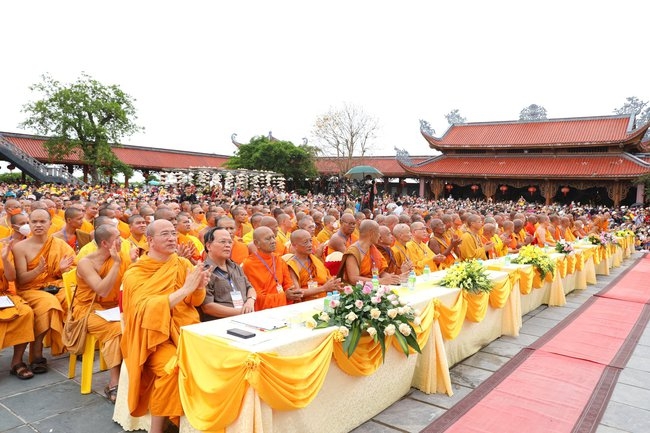Accusations of religious freedom violations simply new wine in old bottles
VOV.VN - Two US organisations recently released their annual reports, in which they make slanderous accusations of religious freedom in Vietnam in an attempt to exert influence and put political and foreign pressure on the country.
In its report released in June, the US Department of State cited unfounded evidence provided by NGOs, stating the Government ò Vietnam had assaulted individuals of religious minorities, especially ethnic minorities, in the Central Highlands and the Northwestern regions. The report says that many religious individuals who had not tested for COVID-19 or had not been vaccinated against the virus were arrested.
Meanwhile, in its report published in July, the US Commission on International Religious Freedom spoke down on Vietnam’s 2018 Law on Religion and Belief, arguing that it allows harassment of religious leaders and people from mountainous communities, including Hmong, Montagnard, and other vulnerable ethnic groups.
Both reports even accused the Vietnamese Government of passing unclear regulations as part of efforts to control and restrict religious freedom.
In an exclusive interview granted to VOV, Assoc. Prof. & Dr. Chu Van Tuan, director of the Institute for Religious Studies under the Vietnam Academy of Social Sciences, said the two US organisations have attempted to put new wine in old bottles, with the ultimate aim of exerting political and foreign pressure on Vietnam. Following is the full text of the interview.
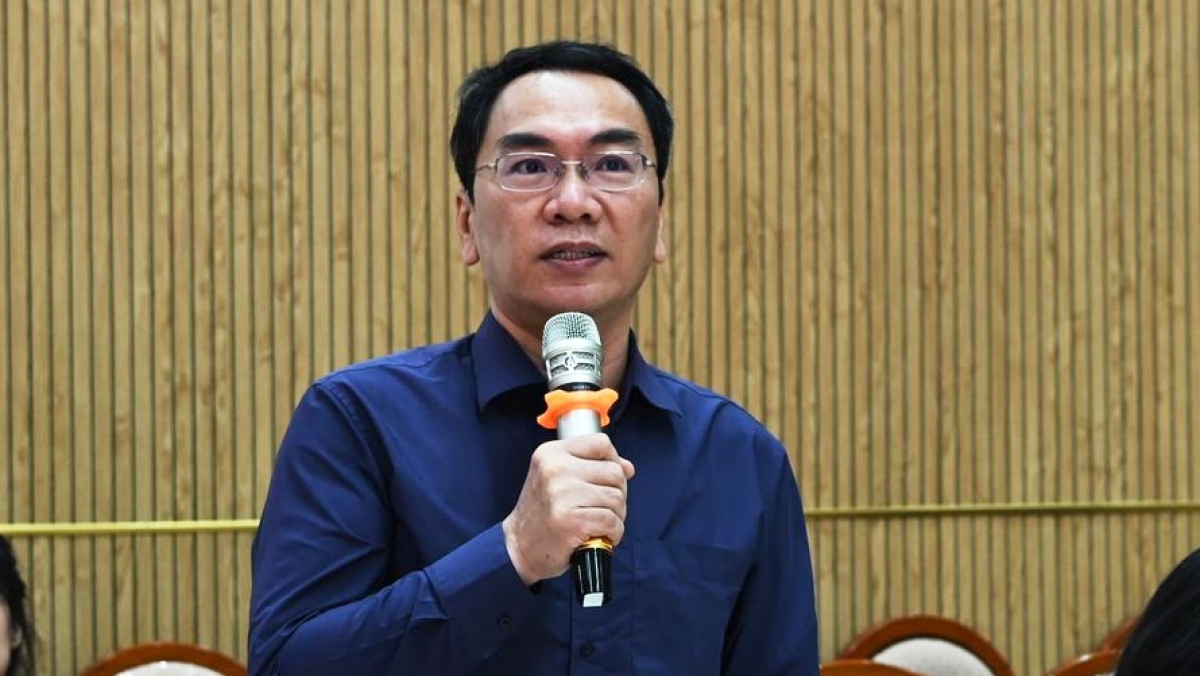
VOV: Compared to previous reports on religious freedom, do you think there is any difference?
Dr. Tuan: In my opinion, these reports make almost no difference, meaning that they distort the religious situation and freedom of religious belief in Vietnam by giving few examples and jumping to conclusions that the Government seeks to obstruct the exercise of the right to freedom of religion and belief.
I think the reports are pretty much the same, with some added information in an attempt to make them unbiased. Indeed, the approach and viewpoints are not vastly different from previous ones.
VOV: Could you give further explanation of why they are much the same?
Dr. Tuan: I think there has been no change in their approach and views on religious freedom in the country. In addition, the purpose of making these reports remains the same. This means that they try to find dissidents and extremists from religions who violate Party guidelines and State policies, undermine national security and even incite separatist movements and demonstrations, in order to come to their pre-determined conclusion that there is no religious freedom in Vietnam. They also seek evidence of activities carried out by Vietnamese law enforcement agencies which they brand as restrictive for religious freedom.
In fact, religious organisations or religious individuals who violate Vietnamese legal policies will be dealt with in a fair manner, with no relation to their religious freedom. In other words, the purpose of these reports is simply to put pressure on the State and Government to comply with the criteria on religious freedom set forth by the US.
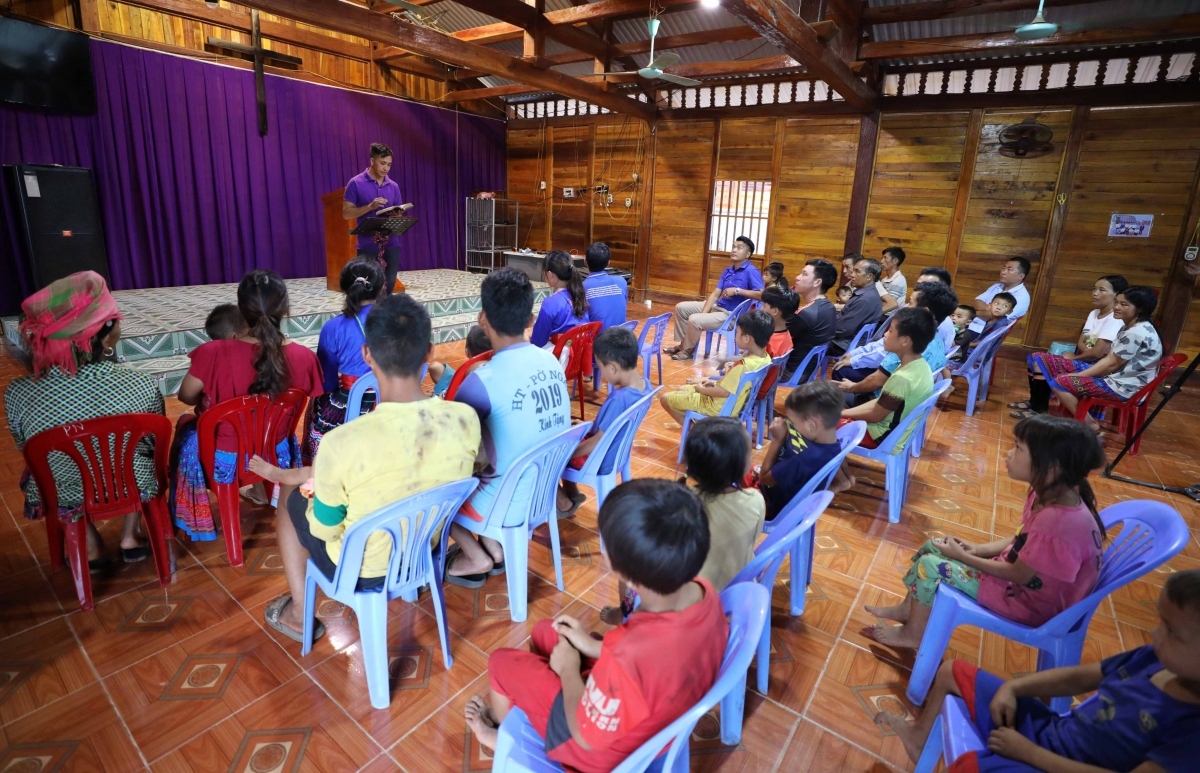
VOV: What is the truth about religious freedom in Vietnam that is different from US accusations?
Dr. Tuan: Well, in the reports, they always state that Vietnam is restricting the right to religious practice by ethnic minorities, especially those in living in far-flung and border areas.
Indeed, ethnic people residing in Vietnam are free to practise their religion without facing any restrictions. Wherever I go, from the north-western region to the Central Highlands and South-western regions, I find that ethnic people there feel free to follow their own religions, as long as they strictly comply with legal policies in general and those on religious beliefs in particular.
VOV: Is it a slanderous accusation in its report by the US Commission on International Religious Freedom that the 2018 Law on Religion and Belief allows harassment of religious leaders and people living in mountainous areas?
Dr. Tuan: I must assert that the Law on Religion and Belief which was drafted in 2016 and later came into force in 2018 does not contain any stipulations that permit harassment of religious leaders and people of mountainous communities. This is an imposition and simply slander, primarily because the law is one of the bases to best enforce and ensure the right to freedom of religion and personal beliefs. Previously, when the law was not introduced, Vietnam was said to arbitrarily deal with the right to freedom of religion and beliefs. But since the law was adopted and promulgated, they have accused us of harassment. That's a gross distortion.
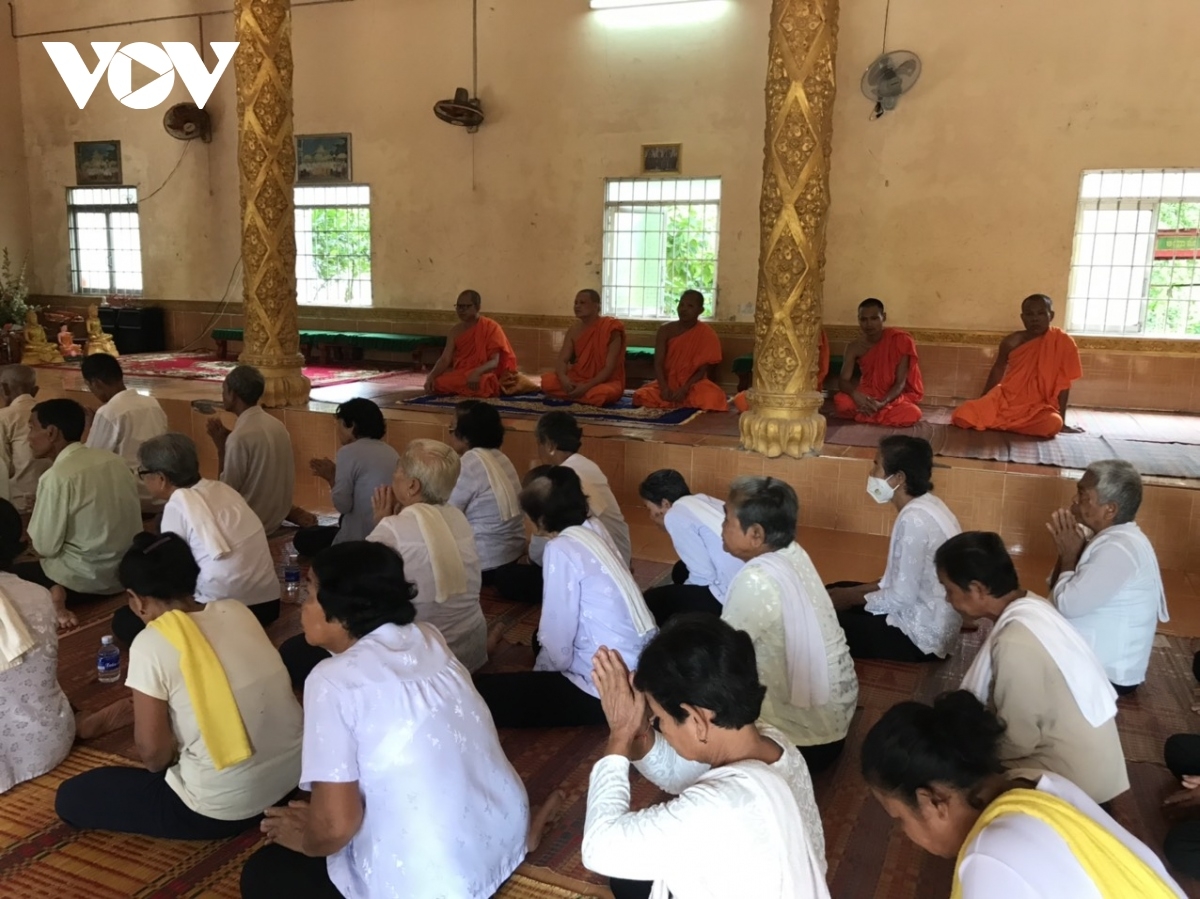
VOV: This is not the first time the US Department of State and the US Commission on International Religious Freedom have published misleading reports on religious freedom in Vietnam. So what is the intention behind these allegations?
Dr. Tuan: First of all, I must say all of the accusations in their reports that the Vietnamese Government continues to restrict religious activities and that some religious followers are restricted or harassed are slanderous. Everyone is equal in the eyes of the law and anyone who violates the law will duly be dealt with. Religious followers cannot do whatever they want in the name of any religious organisation.
Therefore, I think that this is still a story of distortion going on which changes the nature of the fact and takes a certain phenomenon to proclaim that Vietnam still restricts religion in an attempt to put pressure on the country, both politically and externally, in order to achieve their goals.
VOV: Over the past years some outlawed Protestant organisations such as Shincheonji and the Church of God have carried out activities that are contrary to the traditional culture of Vietnam and tinged with superstition. They have even constituted law violations. However, there are forces stating that some religious believers are persecuted. Are these false allegations?
Dr. Tuan: As we all know, the appearance of the Church of God has caused a lot of frustration and anxiety within society. This is actually not a religion, but instead was created to gather a large number of followers to make a profit and carry out political intrigues. However, our legal policy is very clear that such organisations are not allowed to operate in Vietnam.
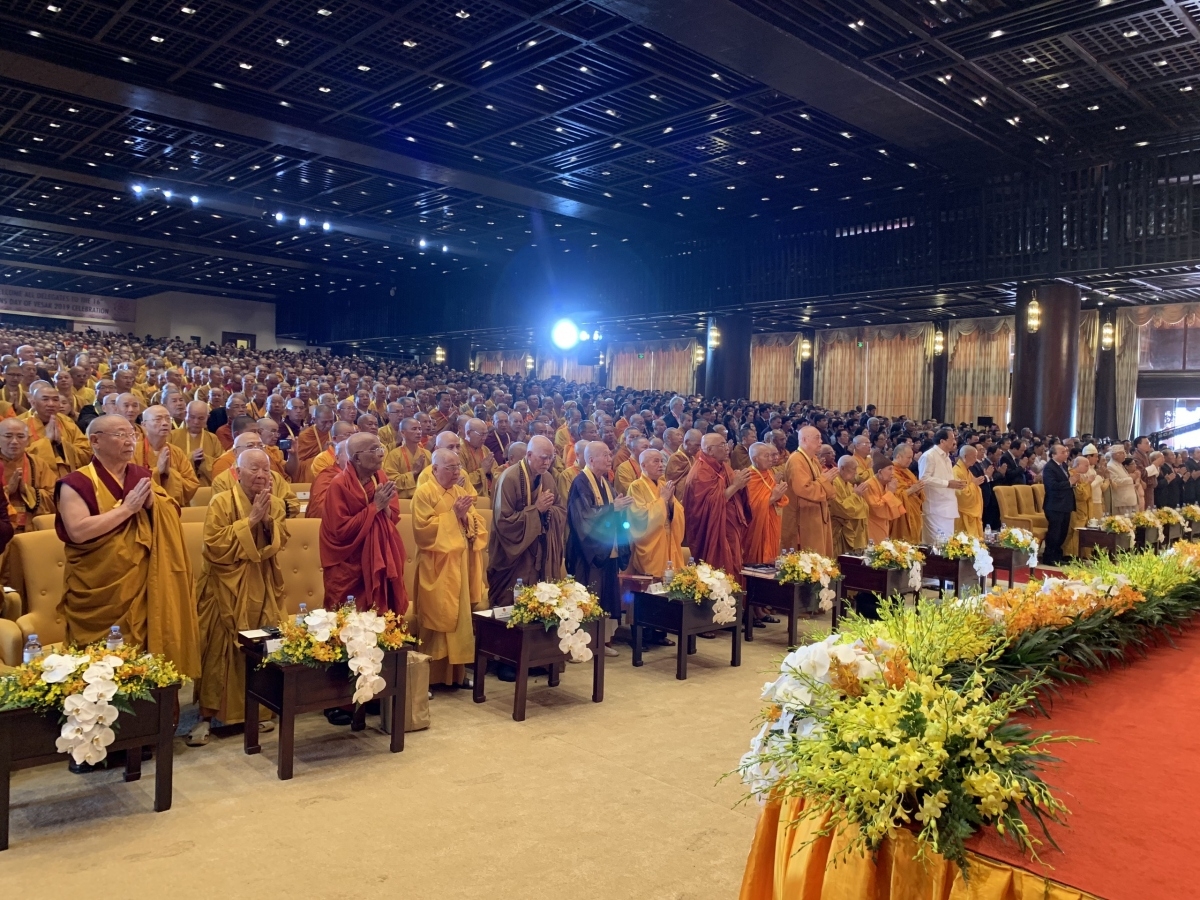
VOV: Is it possible to say that by making these annual reports, the US Department of State and the US Commission on International Religious Freedom give themselves the right to interfere in internal affairs of other countries?
Dr. Tuan: I think this is an approach the US has adopted to formulating a bill on international religious freedom as it seeks to interfere in the internal affairs of other countries. A number of nations are also classified by the US as those with restrictions to religious freedom. They of course voice strong opposition and believe that the US is interfering in their internal affairs.
VOV: According to your understanding, is there any country in the world that can be considered an exemplary model in ensuring freedom of religion and belief?
Dr. Tuan: Well, I have not seen a country where all human rights or the right to religious freedom are absolutely guaranteed, particularly as most countries maintain that any activity relating to religious organisations that affects issues of social interest, political security, social order, and safety, as well as the legitimate rights and interests of others, must be restricted. Countries such as Singapore, Japan, the Republic of Korea, and even the US have also introduced such regulations.


